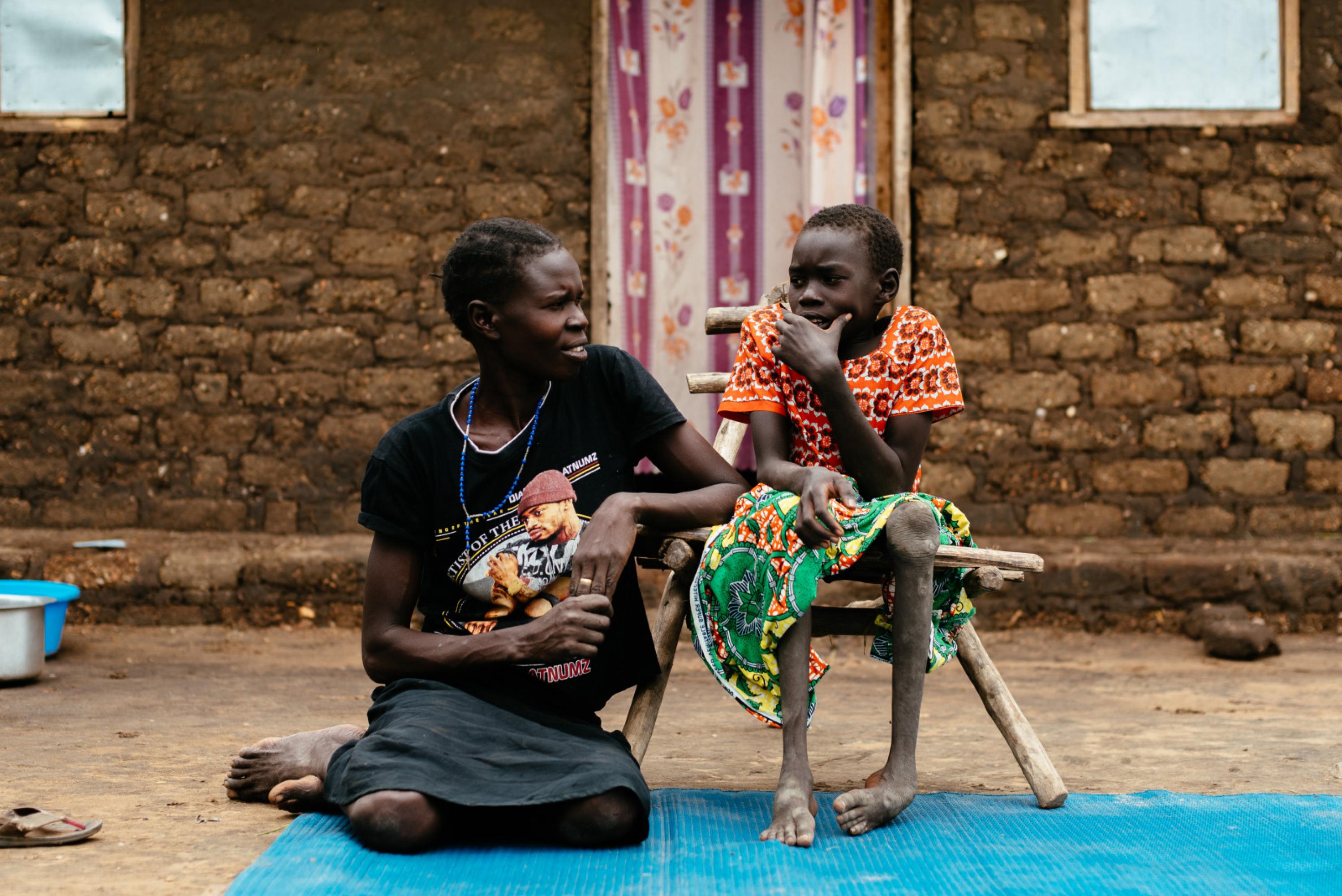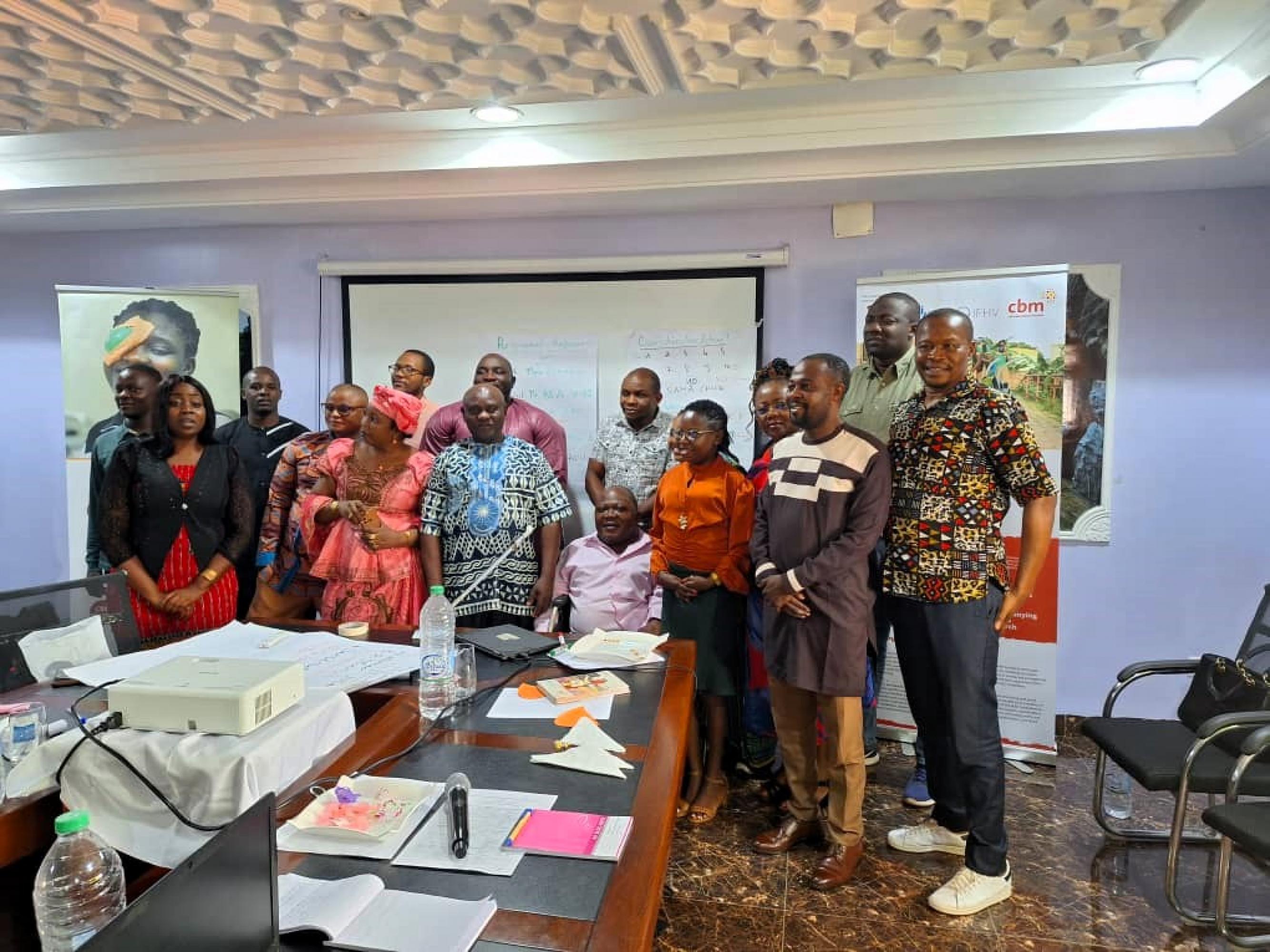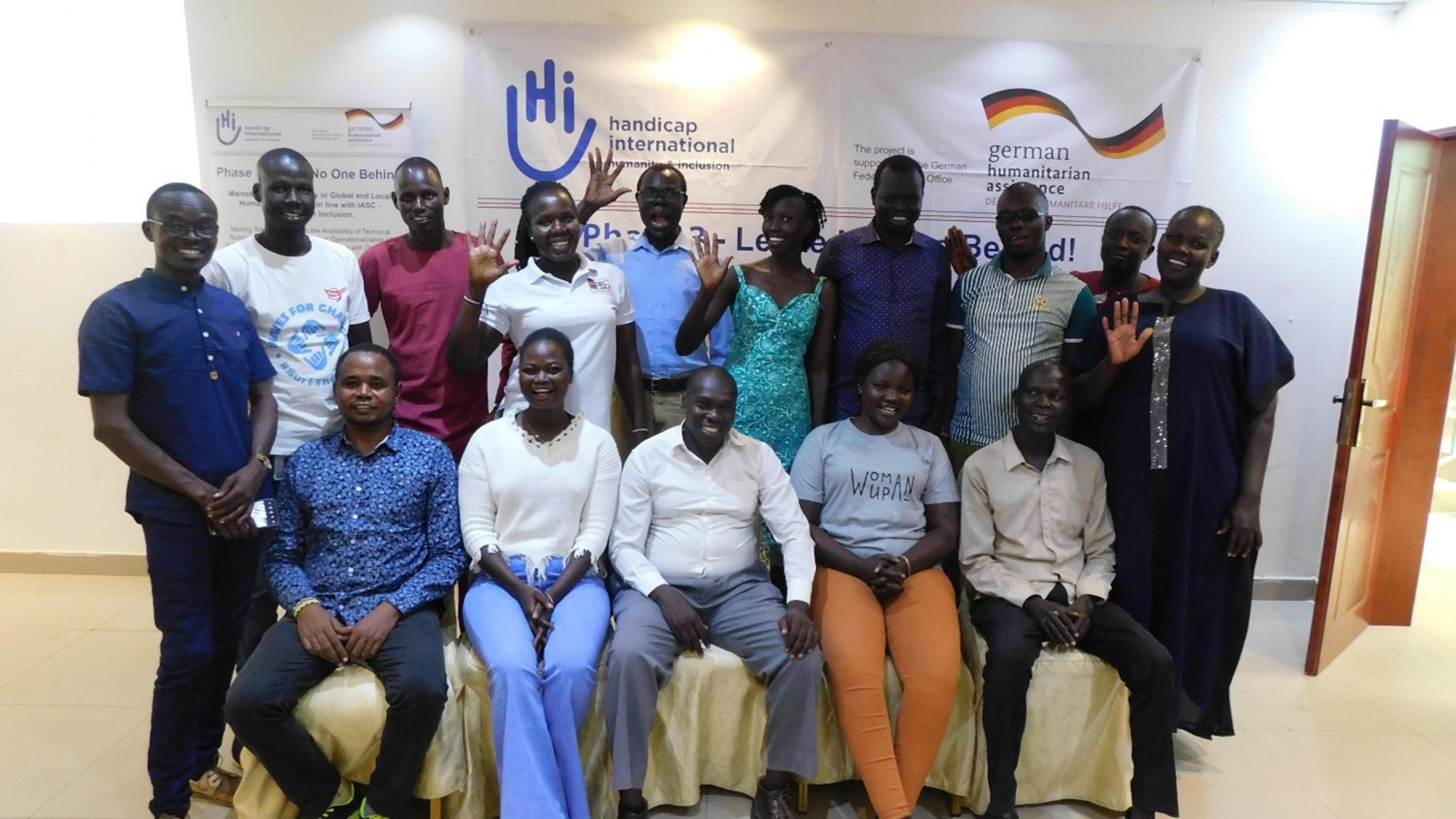Uganda hosts the largest refugee population in Africa, of which 61% are from South Sudan. The sheer number of refugees, has put Uganda’s progressive refugee policy under pressure. The project will be implemented in two refugee settlements: the Kyaka II settlement, which still receives new refugees from The Democratic Republic of the Congo, and in the Imvepi Settlement, which still receives new refugees from South Sudan.
The multi-stakeholder context analysis made by the Uganda Refugee Response Plan (RRP) has emphasised the lack of data on disability and the need to produce disaggregated data based on age, gender and disability policy. The process of improving disability related data has been started with the support of HI by including the use of the Washington Group Short Set of Questions on disability and the use of the enhanced version in the Individual Profiling Exercise and the Education Response Plan baseline assessment.
Furthermore, the RRP highlights barriers faced by persons with disabilities and older persons to access services because of barriers to information, attitudinal barriers, poor capacities of humanitarian actors and low implementation of accessibility standards. Also the lack of meaningful participation of persons with disabilities in the design, coordination, implementation, monitoring and evaluation of the refugee response was noted.
In Uganda, the project activities will focus on the protection sector due to its transversal role within other sectors and in order to adapt the coordination mechanisms of the refugee response. Working in the protection sector is strategic, as it ensures the engagement of other (sub-) sectors, which need to develop methodologies, tools and capacity building processes.



